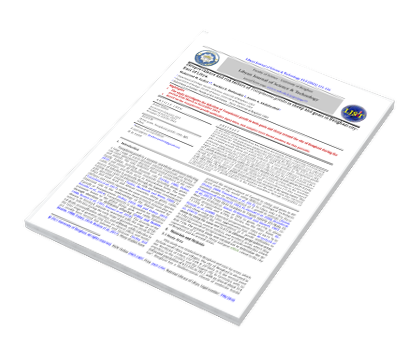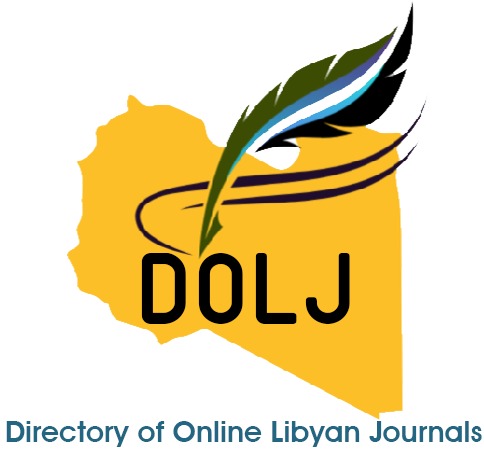Seroprevalence and risk factors of Toxoplasma gondii in sheep and goats in Benghazi city-East of Libya.
DOI:
https://doi.org/10.37376/ljst.v13i2.2320Keywords:
Sheep, goats, Toxoplasma gondii, cattle, IgG, Libya.Abstract
In this study, serum samples from four hundred and seventy (470), comprising 234 local sheep (Ovis aries) and 236 goats (Capra aegagrus hircus) of different ages and gender were collected and analysed for Toxoplasma gondii antibodies (IgG) using the latex agglutination test (LAT) kits according to manufacturer’s instructions. The result showed that of the 470 serum samples of tested animals (sheep and goats) analysed, 260 were positive for Toxoplasma gondii antibodies (IgG) given an overall prevalence of 55.3%. A significant difference in seroprevalence of T. gondii antibodies was observed between the two species of tested animals with a higher prevalence in sheep (P=0.02). No significant differences in the overall seroprevalence of T. gondii antibodies between males (61.5%) and females (45.5%) of both species (P=0.339). The overall seroprevalence of T. gondii was higher in tested animals of less than 2 years of age, though the difference was not statistically significant (p=0.225). According to the breeding site, Almagzha region showed significant (P=0.00) high seroprevalence (77.4%) compared with other sites. The highest T. gondii seroprevalence was recorded in the spring season. This study showed that local sheep and goats from Benghazi and the near by areas may represent a significant source of T. gondii infection in the human population through consumption of undercooked meat.
Downloads










 LJST Copy rights form
LJST Copy rights form


